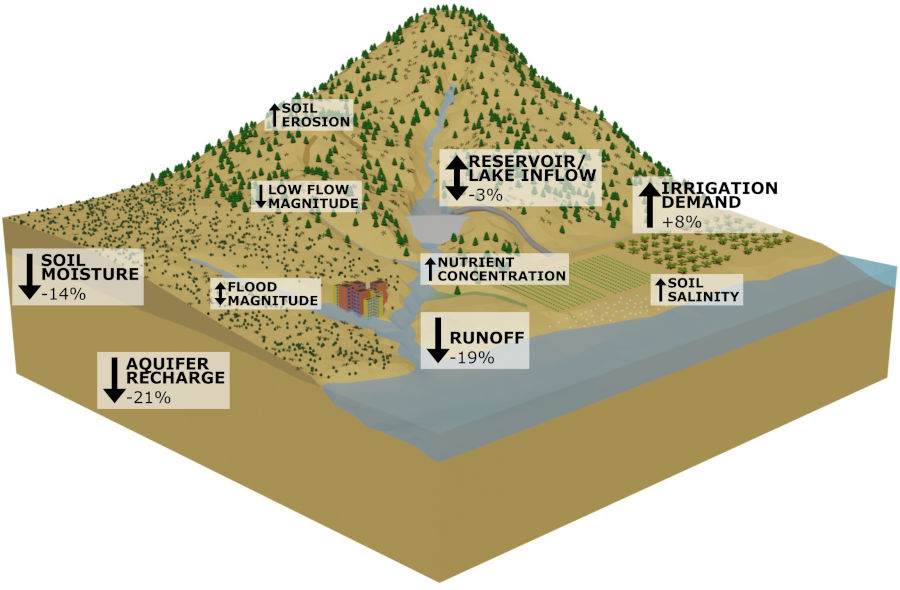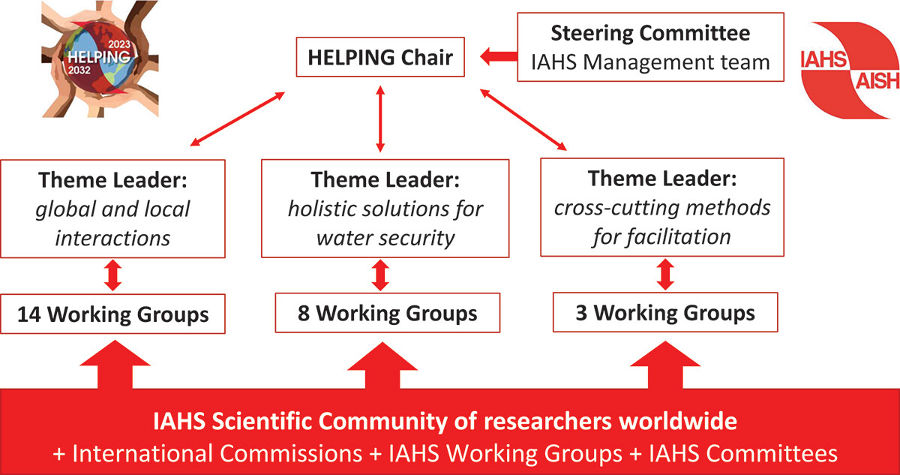Joris Eekhout

I’m a postdoctoral researcher with a Juan de la Cierva fellowship in the Soil and Water Conservation Research Group in CEBAS-CSIC (Murcia, Spain). Currently, I focus on the impact of climate change and landuse change on hydrology and soil erosion in Mediterranean environments. In collaboration with FutureWater I have developed a coupled hydrology-soil erosion model (SPHY-MMF), which I have applied in the Segura River catchment. Please visit the pages related to my research output (publications, presentations and projects) and to my outreach activities (blog and videos).


